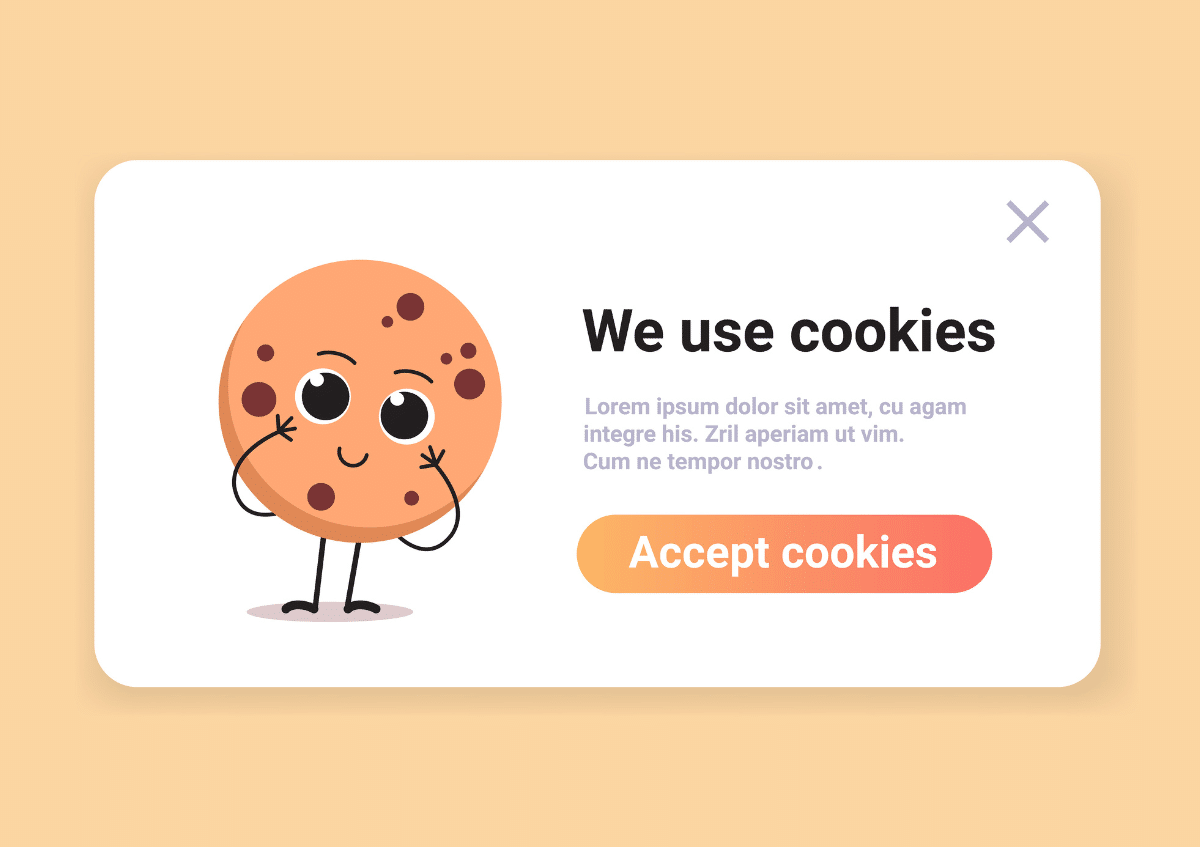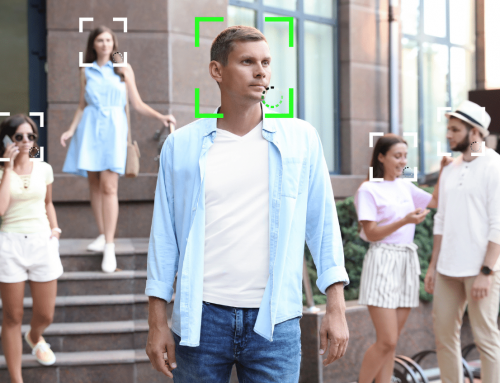No more annoying clicking away at last - right?
Cookie banners are annoying. Period. They pop up on every website, interrupt the flow of reading and in the end you just click on "Accept", annoyed anyway. Now the EU says: this will soon be a thing of the past. Fewer banners, less bureaucracy - sounds good at first, doesn't it?
But as is so often the case, the devil is in the detail. Because what seems like real progress at first glance could quickly turn out to be a major problem for our data protection. The EU Commission has presented a new legislative package - the so-called "Digital Omnibus". It is intended to consolidate many existing rules in order to make everything simpler. However, this simplification could mean one thing above all: less control over what happens to our data.
Personal data? They are suddenly redefined
Until now, the matter was clear: anyone who collects data that allows conclusions to be drawn about a specific person - whether directly or indirectly - must adhere to strict rules. This applies to names as well as location data or a customer number. And if you process particularly sensitive data, for example on health or sexuality, you need explicit consent all the more.
This is exactly what the EU now wants to change. According to the new proposal, certain data should no longer be considered "personal" if it can only be assigned to a specific person with great effort. What does this mean in practice? Companies could collect and use sensitive information - as long as they claim that they cannot use it to directly identify anyone.
Attack on digital rights
Data protection expert Max Schrems therefore speaks of the "biggest attack on the digital rights of Europeans in years" (19.11.25, www.noyb.de). This is because even pseudonymized data can often be assigned to a person - especially when a lot of information is combined. A little location here, a few clicks there, an old blog entry - and someone already knows pretty much exactly who you are.
And anyone who wants to know what has been saved should pay for it?
Another point that annoys many: the right to information. Today, anyone can ask companies what data has been stored about them free of charge. In the future, companies could charge money for this. That doesn't just sound unfair, it is. Especially people who really pay attention to their data or check it often would be thwarted - and probably quite deliberately.
Criticism has therefore come not only from data protectionists, but also from consumer organizations. Companies, on the other hand - unsurprisingly - welcome the new plans. They hope for less effort and more freedom in the use of data.
Critical classification
Fewer cookie banners? Gladly. But not at any price. What the EU is currently preparing is not just a little spring-cleaning on the internet - it is a serious threat to our digital self-determination. If it suddenly no longer matters how personal data is, but only how difficult it is to assign, then we are saying goodbye to modern data protection. Innovation must not mean that we give away our rights at the same time.







